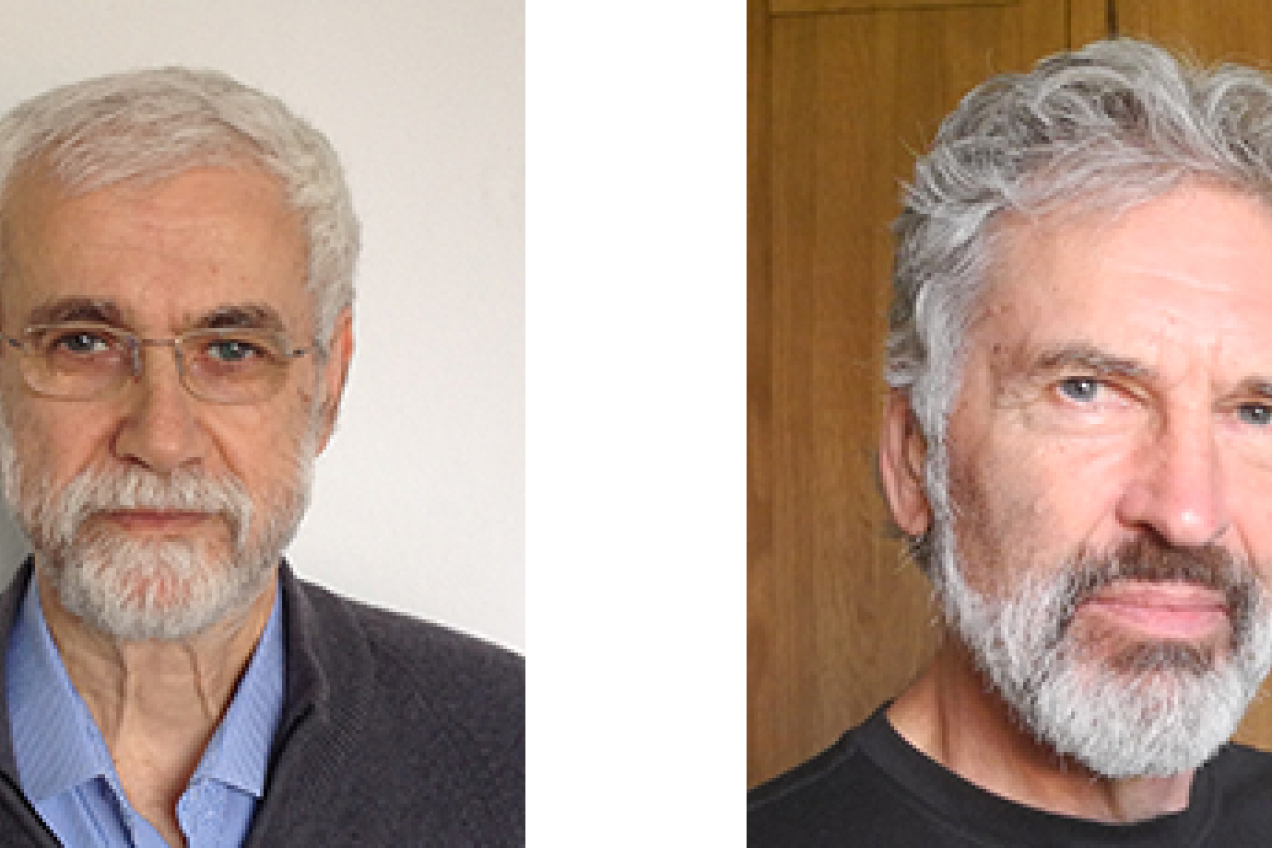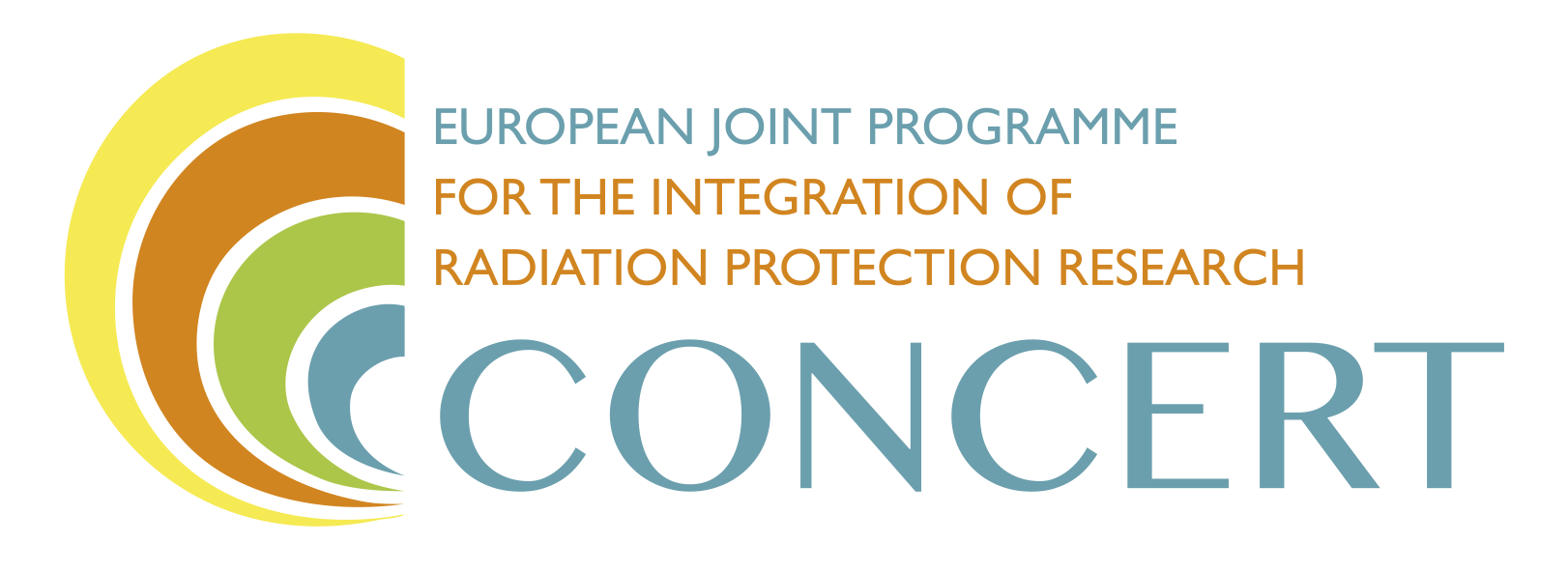Education & Training
Lead: Andrea Ottolenghi, and Vere Smyth, University of Pavia, Italy
Contact: concert [dot] training [at] unipv [dot] it
CONCERT awards travel grants to junior scientists to attend conferences and training courses. See "Calls" for details.
CONCERT sponsors Short Courses on research into radiation risks and radiation protection

Objectives
Since the year 2000, Europe-wide studies have identified a problem with the maintenance of the range of expertise essential to keep up competence and run an effective Programme of research into the risks to humans and the environment from low-dose radiation. The findings indicate that specific Programmes aiming at knowledge management across generations have to be designed in order to achieve sustainable continuity and development.To respond to the challenge of developing and maintaining new competence, there is a need for support of E&T in the sciences underpinning radiation protection in general, and in particular specific research areas such as the hazards from low-dose radiation, medical applications of ionising radiation, radioecology, emergency and recovery management and dosimetry. CONCERT will provide a Programme of E&T support consistent with the priorities identified in strategic research agendas developed as part of the Programme.
The work package will comprise the following components:
- Providing support for students and young post-doctoral researchers to European E&T by offering grants for training and travel, and working for greater transferability of prerequisites and degrees among the EU states;
- Recognising that E&T is an intrinsic part of knowledge management and dissemination of new science, and promoting the provision of training courses, workshops and seminars within the RTD Programme;
- Organisation and sponsorship of targeted initiatives in order to promote the specialised skills and knowledge needed to maintain the full competence of the research community and to disseminate research results and stimulate exchanges;
- Coordination and collaboration with all research platforms and the wider industry and regulatory interests in order to take advantage of common policies, resources, and funding streams;
- Encouraging the integration of junior scientists into the European radiation risk research community.
In order to reach its objectives, the WP 7 workplan has been subdivided into 5 tasks:
Work plan
-
(Lead by Andrzej Wojcik, Stockholm University, Sweden)
This task is formed of 2 subtasks. The first is managing a programme of travel grants that are awarded on a competitive basis to junior scientists to attend conferences and training courses. Grants are provided as financial support to individuals on the basis of actual costs of travel and subsistence. The call for applications for travel grants is now open.
A flyer is available for distribution to any young research scientists or students who may be interested, and can be downloaded here.
The second subtask will be investigating the possibility of increasing transferability within the EU states in order to facilitate cross-crediting university course modules (such as the MScs in Radiobiology and Radioecology), and work towards full mutual recognition of pre-requisites and degrees. Dialogue with institutions involved will be maintained through a regular forum.
More information: andrzej [dot] wojcik [at] su [dot] se (andrzej[dot]wojcik[at]su[dot]se) -
(Lead by Geza Safrany, NRIRR, Hungary)
In collaboration with WP 2 (development of SRAs) and WP 3 (Joint priority setting) E&T will be promoted as an integral part of all funded RTD research projects. Proposals will be encouraged to include provision for:
- PhD thesis work; where possible students from new member states shall be encouraged to qualify for PhD Programmes.
- MSc project work; project partners will be encouraged to liaise with universities offering MSC Programmes in scientific disciplines required for radiation protection research to provide supervised projects.
- Offering short courses (1-3 weeks) or teaching seminars on the new science/technology being used or developed (in collaboration with Task 7.3)
Courses, seminars, and student opportunities within the RTD projects will be coordinated by this task and promoted through the EJP website.
More information: safrany [dot] geza [at] osski [dot] hu (safrany[dot]geza[at]osski[dot]hu)
-
(Lead by Andrea Ottolenghi University of Pavia, Italy)
Where particular topics or scientific areas are identified either through platform SRAs or through dialogue with stakeholders as requiring development or dissemination (Task 7.4 and WP5), there will be open calls for targeted E&T activities. These may take the form of short courses, teaching seminars, workshops, practical work or summer schools. Initiatives under this task would include professional training covering all aspects of the scientific research areas underpinning radiation protection and emergency and recovery management.
An annual open call will be made for institutions to organise short courses (up to 3 weeks length), summer schools, or teaching seminars on topics of relevance to research into radiation protection. Short courses will be at the MSc /PhD level. Grants for short courses and other initiatives such as summer schools and seminars will be made on the basis of direct costs (travel, subsistence, consumables).More information: andrea [dot] ottolenghi [at] unipv [dot] it (andrea[dot]ottolenghi[at]unipv[dot]it)
-
(Lead: Michèle Coeck, SCK•CEN, Belgium)
Subtask 7.4.1: Coordination and collaboration (SCK•CEN).
This task will ensure the inclusion of the interests and requirements of E&T Working Groups of all radiation protection research platforms involved in the EJP (MELODI, ALLIANCE, NERIS and EURADOS, and medical radiation groups), in the planning and execution of the other tasks in this work package. In addition, there will be an active Programme of dialogue with other interest groups and stakeholders in order to take account of common policies, resources, and funding streams. Links will be established with:- Relevant European regulatory groups in charge of implementing the requirements of the EURATOM Basic Safety Standards (BSS), such as HERCA.
- Projects under NFRP 10 (ANNETTE) and to E&T networks and projects, such as EUTERP, ENETRAP, EUTEMPERX, as well as training activities carried out under other EURATOM platforms, such as SNETP and IGDTP, or networks linked to these platforms. In particular, information exchange with NFRP10 project ANNETTE (if approved) will be established. ANNETTE intends to establish an advanced network on nuclear education, training and transfer of expertise.
- The European Human Resources Observatory for the Nuclear Energy Sector (EHRO-N) where the Set Plan Roadmap on Education and Training has been developed aiming at investing more effectively into education and training, research and innovation moving to higher employment rates and low-carbon economy.
- International Organisations, such as IAEA, WHO, ILO, ICRP, CRPPH/NEA/OECD, IRPA, EC DG ENER etc.
More information: mcoeck [at] sckcen [dot] be (mcoeck[at]sckcen[dot]be)
Subtask 7.4.2: Vocational training for experts foreseen in the new Euratom BSS directive
(Lead by Didier Louvat, ENSTTI, EU)
To be consistent with evolving safety standards and the Directive 2013/59/Euratom (Basic Safety Standards) in particular as well as the EU policy and strategy in E&T, training and retraining of staff concerned with radiation protection in organizations using or controlling the use of ionizing radiation needs to be set in place according to up to date standards and knowledge in the field. In this subtask the training courses developed within CONCERT will be investigated and pooled into consistent professional learning pathways to be transferred to the training plans of radiation protection organizations. If gaps are identified by CONCERT, the development of new pilot training based on up to date standards, knowledge and knowhow will be initiated.
More information: didier [dot] louvat [at] enstti [dot] eu (didier[dot]louvat[at]enstti[dot]eu)
-
(Lead by Michael Atkinson. HMGU, Germany)
This task is designed to reverse or at least slow the decline in competence in radiation protection throughout Europe. There are many activities supported by learned societies and national governments to recruit and train graduate-level students, but almost no concerted effort to retain these qualified individuals within the research and stakeholder communities. These subtasks will encourage successful students to remain in the research area through one-to-one contact.
- Subtask 7.5.1 Initiate and encourage interaction between CONCERT, the platforms and the EURAYS association of junior radiation research scientists.
- Subtask 7.5.2 Establish a cross-border network of mentoring for junior scientists based on a selection and mentor-mentee matching Programme.
- Subtask 7.5.3 Conduct career days for junior scientists during CONCERT meetings, to include meetings with senior scientists, job fair, career advice and networking.
- Subtask 7.5.4 Hold “Meet the Professor” lunches during international conferences held in Europe (including the IRPA, ERR, ICRR, MELODI and DoReMi meetings), to allow junior scientists contact with leaders in the community from academia and stakeholders, regulators and policy makers.
- Subtask 7.5.5 Establish the NEWS network to facilitate dialogue between junior faculty members in new and established member states.
More information: atkinson [at] helmholtz-muenchen [dot] de (atkinson[at]helmholtz-muenchen[dot]de)
